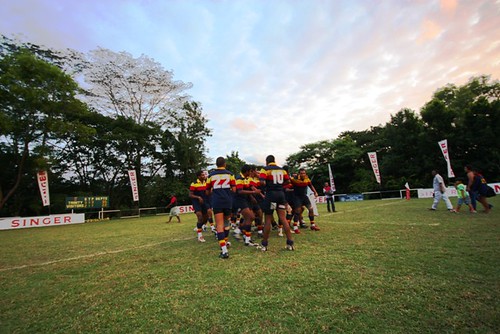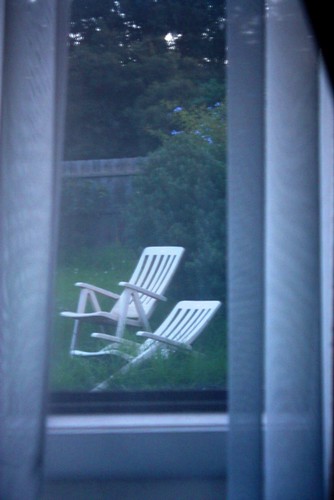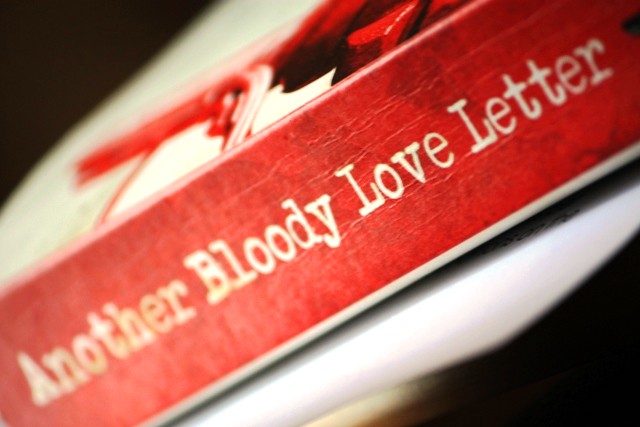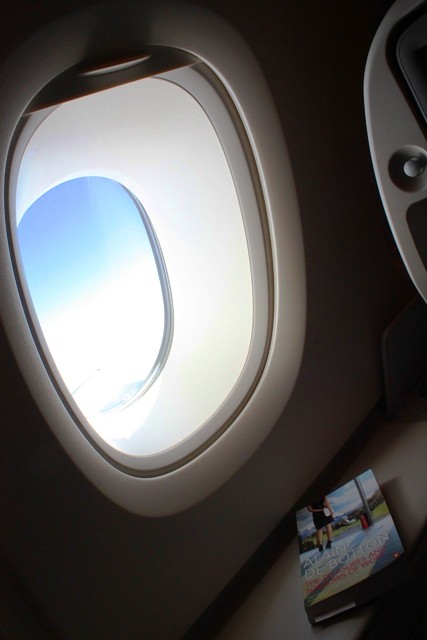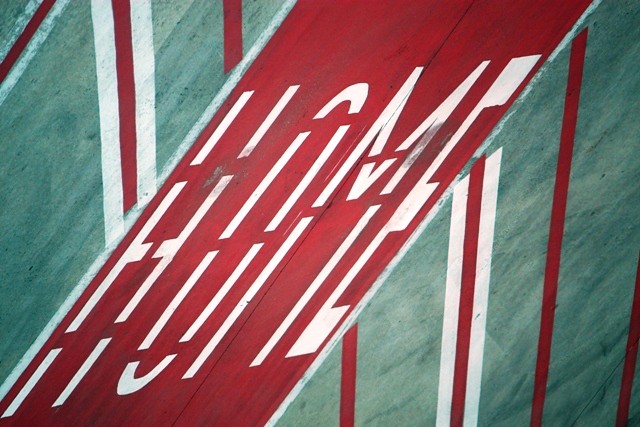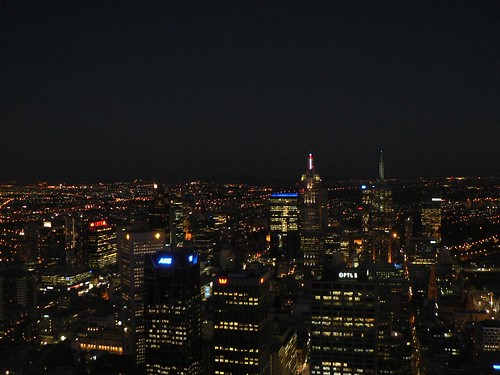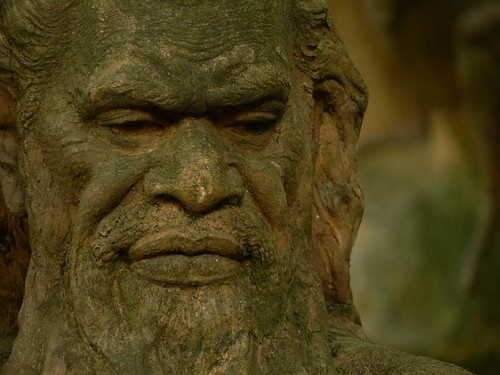Address to the Trinity College Assembly on 21st June 2010 on behalf of the Batch of 2000 to mark our 10-year reunion
The Principal, Vice Principal, members of staff, Batch mates and fellow
Trinitians:
My name is Harendra Alwis and I am here with my classmates from the
batch of 2000.
We are sincerely thankful to the Principal for giving us the
opportunity to be here with you and consider it an honour to speak on behalf of
my batch mates today.
Ten years ago, Trinity was more than a memory to us, and today, it is a
great privilege to be able to come back to school after a decade since we last
wore the white uniforms and sat at assembly like you do now.
We are all delighted to be here. Though only a few of us are here in
person, many are here in spirit.
On a day like today ten years ago, Trinity - led by David Luchow, had
won the first leg of the Bradby; 32 points to 25, in a thrilling game at the
Sugathadasa Stadium. It is surpassed in my memory only by the game we witnessed
just over a week ago. Perhaps it was the sweetest coincidence; that both games
started off with Trinity scoring within the first two minutes in almost
identical three-quarter moves. Despite the seven point margin we had created on
the 18th of June ten years ago, it took two brave and unforgettable penalties
from the boot of Thisal Jayawardena our full-back – including one from the edge
of the 40 meter line in the dying minutes of the second leg at Bogambara - for
us to retain the shield that year.
The fate of this year’s battle, its heroes and the unforgettable
moments that some of you may recall ten years from now, are still waiting to be
etched on the sands of history. We wish you well.
Today I would like to place one question in front of you. Just one
question... perhaps a challenge. Much like the result of the Bradby Shield of
2000, what Trinity has been in the past is already known and analysed in great
detail. The question I place in front of you is; “What is Trinity today”? Like
the result of the Bradby Shield of 2010, the answer to that question will be shaped
by the results of our actions, and decisions we take in our lifetimes. What
matters is the present moment, where the hopes and dreams of tomorrow are
ground into the fine sands of time. It is the slate on which our history is
being written. The achievements we look back on will not merely be shaped by the
aspirations we have today, but rather the accumulated results of what we say
and do in the present moment.
It was more than twenty four years ago, that I and my colleagues of the
batch of 2000 walked into Trinity for the first time, with fourteen years’
worth of lessons to be shared in front of us. The friends we found during that
time remain the most treasured and trusted even now. Fourteen long years would
pass by, where we would survive bone-breaking tackles at Pallekele, scorching
bouncers at Asgiriya and the terrible food at Candy Corner!
The last six or seven years in school were perhaps the most memorable
for us, not because they were the most recent, but because they were the best.
It was those few years at Trinity which opened our eyes to the realities of
life, our minds to the richness of the world, our shoulders to responsibility
and our hearts to love.
Looking back at the decade that has passed since, our presence here
today bears testimony that our Trinity education did not end when we left
school. In fact, it was years later that we really understood most of the
lessons learned here at Trinity. Let me give you one example. Whenever we
wanted to meet the vice-principal at the time, Mr Paul Jeyaraj, we had the
habit of peering into his office to see whether he was free and if he was, we
would knock on his door to speak to him. This was an experience which often
turned out to be what we jokingly called “Marking the register at the zoo”
because the vice principal insisted that we 'monkeys' and 'donkeys' had better
make a prior appointment if we wanted to see him. We never understood the
reason then, because we often met him when we felt he wasn’t very busy. Yet by
that he taught us not to take for granted, another person’s time let alone our
own.
However, it is not just our attachment to such memories as well as the
people and places associated with them that brought us back to our Alma Mater.
As I mentioned earlier, the Trinity education does not end when we leave
school, because we are all 'Trinitians' for life. That is our privilege and our
burden. The way people get to know and experience Trinity depends on our
ambassadorship.
The forefathers of Trinity in Colonial Ceylon, when they pioneered the
teaching of Sinhala, Agriculture, Buddhism and Social Studies, were deeply
aware of their mission to produce leaders who would be able to understand,
deeply, the people they would eventually lead in a free and independent nation.
They placed lasting reminders of their vision in legends they inspired and
embedded their message into the Trinity they built – most overtly in the
College Chapel and monuments such as the Asgiriya Stadium. I would like to
invite you to meditate with me, about the murals on the eastern walls of the
Chapel.
The story of the Good Samaritan epitomizes the spirit of service and
care for fellow men. Trinitians are inspired to be compassionate and selfless
in the service of leadership.
Those of us, who are most familiar with the bearded depiction of Christ
in western art, would be moved at first glance to search for Jesus in the
‘Washing of the feet’. Here the artist highlights an act of leadership that is
made extraordinary by its humility where Jesus washes the feet of his
disciples. David Paynter invites us to identify Christ in that mural, not by
his looks, but rather by his actions. So it is that the world should recognize
us as Trinitians, not by the colours of our flag, the jersey, tie or blazer we
wear, but by the way we act and behave.
The third mural of Christ’s crucifixion gives emphasises the fact that
leaders are called above all, to sacrifice, even suffering and painful
hardship.
If you look around you, such qualities of leadership, the spirit of
service, humility and sacrifice are rare characteristics among those who assume
leadership in our community and in the world.
Trinity has produced a great variety of leaders in the past. The mantle
of responsibility to rediscover and renew the vision of leadership that has
made this institution a beacon of light for Sri Lankans, and indeed the world, is
upon us today. This place and moment of history that we occupy, often tempts us
to think about positions of leadership in terms of the power and prestige they
offer us. The founders of Trinity had a more timeless and enduring image of
leadership for us implanted in the painting in the side Chapel instead. The
first of David Paynter’s murals in our chapel, it captures the moment when the
mother of James and John – two of Jesus’ disciples – came to plead with Jesus, to
let her two sons sit at his right hand and left hand when in heaven. Jesus asks
in return “Are ye able to drink of the cup that I shall drink?”
As Trinitians, we too are privileged enough to aspire for high status. Perhaps
we are not all consumed by a desire to sit beside God in heaven, but many of
you will sit at executive boardrooms and even the legislature of the country
and governing bodies in the country and of the world. The question posed to us
is whether we are ready to bear the great responsibility that comes with great
power and to endure the hardships, trials and tribulations that are associated
with honest and forthright leadership. Having seen more of the world during the
last ten years, I can reliably warn you how you would often be tempted, to
wilfully ignore your responsibility to lead with courage or fail to defend the
ideals that Trinity would have taught us; and how many times we would yield to
such temptations and forgo that responsibility in fear that we may lose your
entitlements to convenience, comfort and safety.
You, the Trinitians of today, and us, the Trinitians of ten years ago,
and a generation in between have grown up knowing mostly the violence of war
and the rule of brutality and might. We are already disadvantaged for having
been conditioned to take the violence, hostility and the rule of might in our
society for granted as facts of life. It is against such a backdrop that you
and I are called to lead, inspired by the vision that the founders of the
school had for us. They portrayed their vision of the Trinitian not merely from
the palette of their manifestly Christian ethos but the universal values of
selfless service, humility and sacrifice.
It seems the expectations that we have of ourselves today - such as
passing exams, winning the Bradby or earning a comfortable living, seem too
modest sometimes. We need our own expectations of ourselves and the expectations
others have of us, to be higher and more substantial. We also need to learn to
use those high expectations to inspire us to greater things rather than
consider them a burden.
The challenge before the Trinity Family today is; to understand that it
is not enough that we win the Bradby Shield or the big match, but also to know
that no matter where we go or what we do, we are representing one of the
greatest institutions in the land and indeed of the world. Being a Trinitian is
an obligation to uphold the spirit of Trinity and of your families and
everything else you represent, with courage and honour.
Sitting as you do in the College hall, or when you are wearing the
jerseys at Pallekelle or whites at Asgiriya captured in the glory of the
moment, you may not realise that this is only the beginning. Your time at
Trinity; even though it may be by far the most memorable and enriching, is the
first of many great journeys and memorable times that await you in life. The
significance of the results of a game or the achievements of a season will
eventually fade over time. The way the lessons you learn at Trinity mould your
character will last your individual lifetimes. However, the glory you bring to
the school by your conduct and show of character in difficult times both during
your student days and thereafter, will inspire many generations.
So Trinity, in our generations and our lifetimes, will eventually be
defined by the purpose of our actions, the wisdom of our decisions and the
integrity of our lives. Wherever you go in the country and in the world, the
fact that you are a Trinitian will open more opportunities for you, and make
you partakers of privilege, authority and responsibilities of leadership and
high office. As such, we will not merely be the heirs of the future, but as
part of its workforce, priests, artists, journalists, as voting citizens and
leaders of a country and of the world, we will actively shape the future of
nations, the destiny of humanity, the conservation of forests, the preservation
of species, the course of rivers and even sea level.
I invite you to consider the answer to my question “What is Trinity
today?” in light of how you and I will make manifest Trinity in the world and
future we are called to lead. Trinity of yesterday belonged to those who have
passed before us and the Trinity of tomorrow belongs to those who are yet to
come. Today, Trinity is you and me. David Paynter’s masterpieces on the cold
and motionless granite walls of our Chapel, speak to us compellingly through
the ages, in a timeless and wordless language, about what Trinitians ought to
be. Yet today, you and I are called to living paintings of the mission and
values of Trinity in the world we inhabit, and are called to lead.
Ten years on, as we remember and celebrate how Trinity has enriched our
lives, we of the batch of 2000 share a hope and a fervent wish that the
greatness of our school may not be measured by what we achieve in a season, or
in a year, but in how well we mould the leaders of each generation and how well
we lead our nation and the world by example. We need to have the humility and
courage to ask ourselves, without fear of what the answer might be, whether we
are still able to inspire the new generations and provide opportunities for
them to be the best they can be. We need to remember to set our goals high, and
make sure that our vision is clear and our will is strong, to serve with
humility.
Respice Finem!
Thank you all very much.
